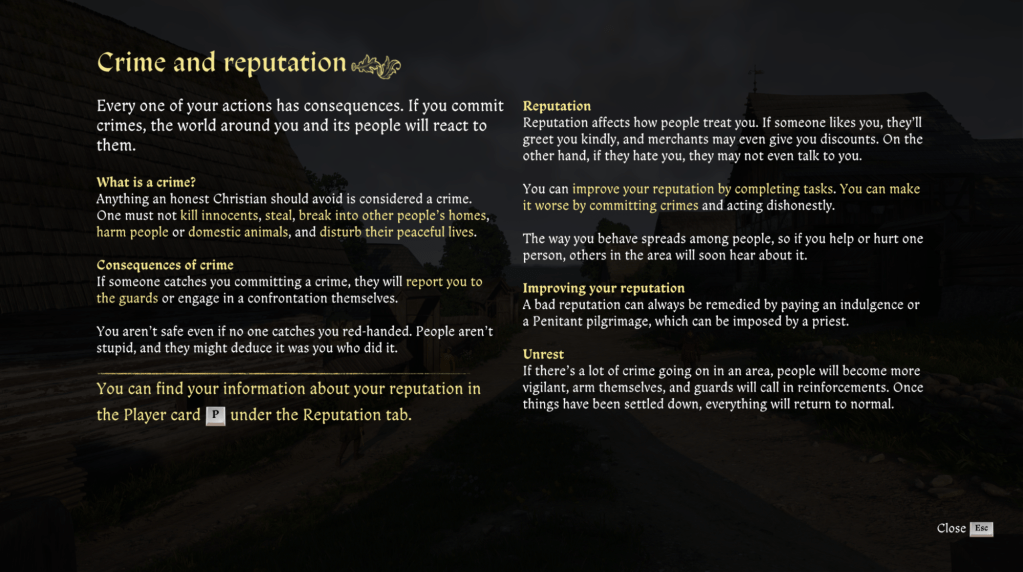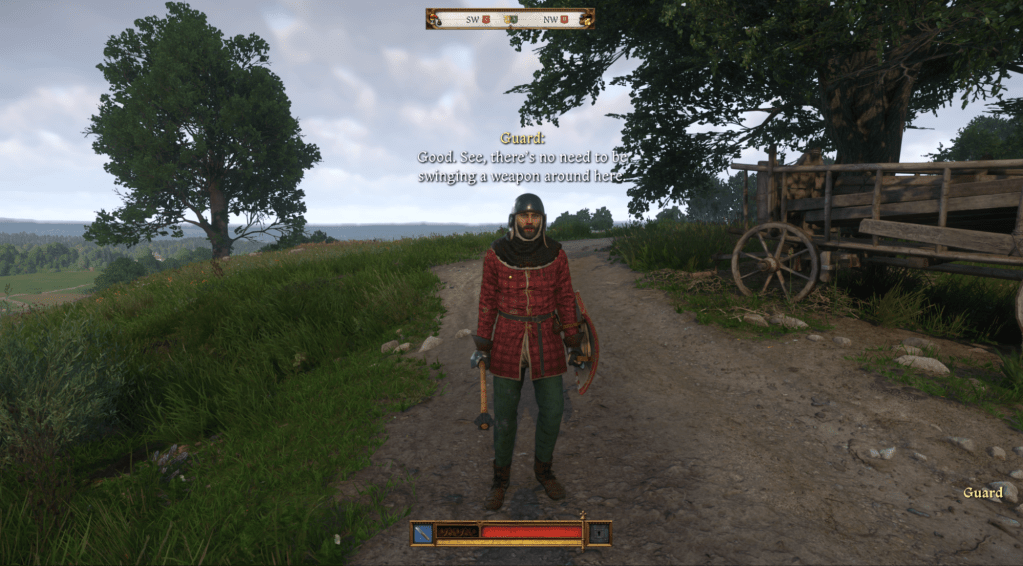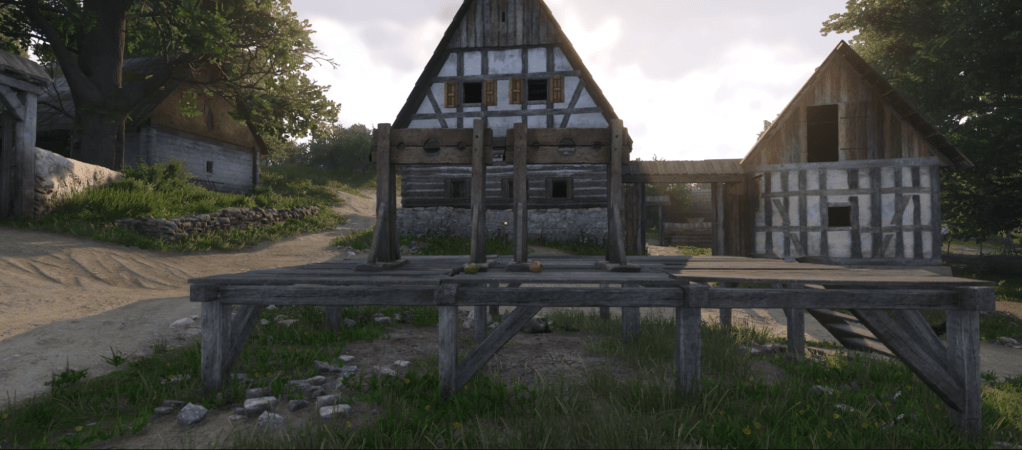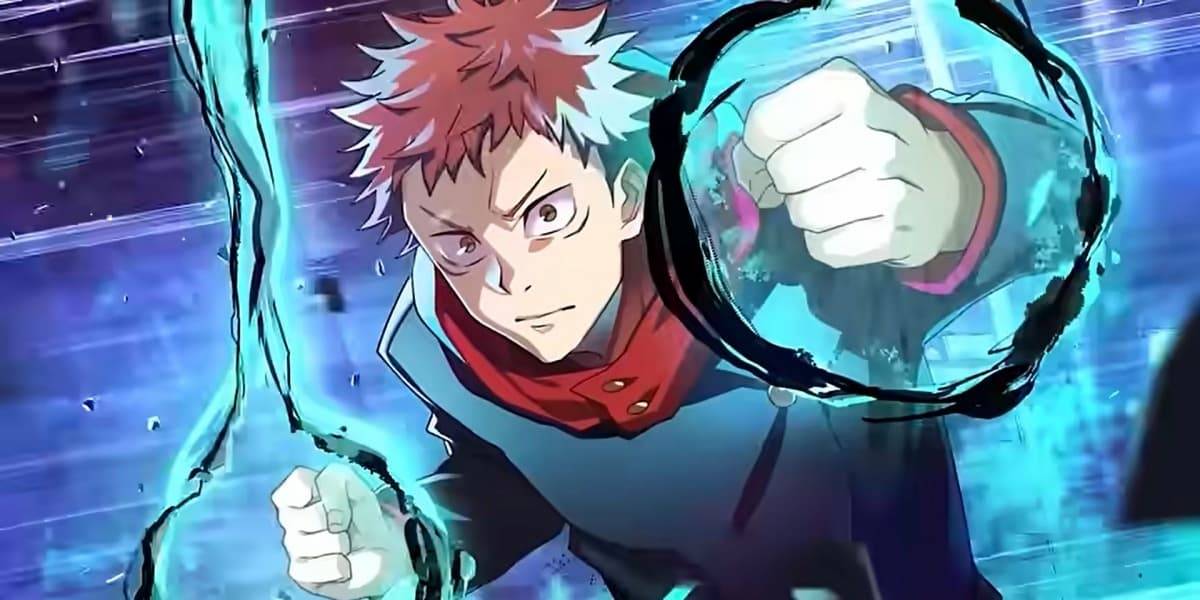How Crime and Punishment Work in Kingdom Come: Deliverance 2
Crime and Punishment in Kingdom Come: Deliverance 2: A Comprehensive Guide
Crime in Kingdom Come: Deliverance 2 (KCD2) isn't a mere inconvenience; it profoundly impacts how the game world interacts with you. Actions like theft, trespassing, or even assaulting a peasant can have severe repercussions. This guide details the mechanics of crime and punishment in KCD2.

Defining Criminal Acts in KCD2
Any action disrupting KCD2's law-abiding society is considered a crime. The sequel features improved AI, making NPCs more perceptive to criminal activity. Consequences follow, whether you're caught in the act or tracked later. Crimes include:
- Murder: Killing innocent NPCs.
- Theft: Stealing from homes, shops, or unconscious NPCs.
- Lockpicking: Illegally accessing locked buildings or chests.
- Pickpocketing: Directly stealing from individuals.
- Assault: Attacking civilians or guards.
- Animal Cruelty: Harming domestic animals.
- Trespassing: Entering private property without permission.
- Disrupting Order: Causing disturbances in towns.
Consequences of Getting Caught

Guards and civilians will report you, triggering an investigation. Your options when apprehended are:
- Pay a Fine: The cost varies depending on the crime's severity.
- Talk Your Way Out: High Speech/Charisma skills can help, especially for minor offenses.
- Flee: A risky option leading to a temporary "wanted" status. Changing clothes or bribing officials might help evade recognition later.
- Accept Punishment: This is unavoidable if you can't pay or escape.
Punishment Severity in KCD2

Punishments range from minor inconveniences to execution, depending on the crime:
- Pillory (Public Humiliation): For minor offenses like trespassing.
- Caning (Physical Punishment): For mid-level crimes such as assault and theft.
- Branding (Permanent Criminal Status): Reserved for repeat offenders or serious crimes like murder.
- Execution (Game Over): The ultimate penalty for severe crimes.
Reputation and its Impact
Your reputation significantly affects NPC interactions. Crimes lower your standing, leading to hostility, refusal of quests, and trade restrictions. Improving reputation requires community service, donations, and fine payments. This system mirrors the Honor system in Red Dead Redemption 2.
Avoiding Capture
While crime is part of the game, careful planning is crucial. Strategies include:
- Eliminating Witnesses: Observe your surroundings before acting. Disguises can help.
- Nighttime Operations: Darkness provides cover.
- Wisely Selling Stolen Goods: Use fences or black-market dealers, avoiding legitimate merchants.
This guide provides a comprehensive overview of the crime and punishment system in Kingdom Come: Deliverance 2, enabling players to navigate the game's consequences effectively.
-
 Jan 27,25Roblox: Bike Obby Codes (January 2025) Bike Obby: Unlock Awesome Rewards with These Roblox Codes! Bike Obby, the Roblox cycling obstacle course, lets you earn in-game currency to upgrade your bike, buy boosters, and customize your ride. Mastering the various tracks requires a top-tier bike, and thankfully, these Bike Obby codes deliver
Jan 27,25Roblox: Bike Obby Codes (January 2025) Bike Obby: Unlock Awesome Rewards with These Roblox Codes! Bike Obby, the Roblox cycling obstacle course, lets you earn in-game currency to upgrade your bike, buy boosters, and customize your ride. Mastering the various tracks requires a top-tier bike, and thankfully, these Bike Obby codes deliver -
 Feb 20,25Where to Preorder the Samsung Galaxy S25 and S25 Ultra Smartphones Samsung's Galaxy S25 Series: A Deep Dive into the 2025 Lineup Samsung unveiled its highly anticipated Galaxy S25 series at this year's Unpacked event. The lineup features three models: the Galaxy S25, S25+, and S25 Ultra. Preorders are open now, with shipping commencing February 7th. Samsung's web
Feb 20,25Where to Preorder the Samsung Galaxy S25 and S25 Ultra Smartphones Samsung's Galaxy S25 Series: A Deep Dive into the 2025 Lineup Samsung unveiled its highly anticipated Galaxy S25 series at this year's Unpacked event. The lineup features three models: the Galaxy S25, S25+, and S25 Ultra. Preorders are open now, with shipping commencing February 7th. Samsung's web -
 Jul 02,22Isophyne Debuts as Original Character in Marvel Contest of Champions Kabam introduces a brand-new original character to Marvel Contest of Champions: Isophyne. This unique champion, a fresh creation from Kabam's developers, boasts a striking design reminiscent of the film Avatar, incorporating copper-toned metallic accents. Isophyne's Role in the Contest Isophyne ent
Jul 02,22Isophyne Debuts as Original Character in Marvel Contest of Champions Kabam introduces a brand-new original character to Marvel Contest of Champions: Isophyne. This unique champion, a fresh creation from Kabam's developers, boasts a striking design reminiscent of the film Avatar, incorporating copper-toned metallic accents. Isophyne's Role in the Contest Isophyne ent -
 Jan 11,25Jujutsu Kaisen Phantom Parade: Tier List Revealed This Jujutsu Kaisen Phantom Parade tier list helps free-to-play players prioritize character acquisition. Note that this ranking is subject to change with game updates. Tier List: Tier Characters S Satoru Gojo (The Strongest), Nobara Kugisaki (Girl of Steel), Yuta Okkotsu (Lend Me Your Stren
Jan 11,25Jujutsu Kaisen Phantom Parade: Tier List Revealed This Jujutsu Kaisen Phantom Parade tier list helps free-to-play players prioritize character acquisition. Note that this ranking is subject to change with game updates. Tier List: Tier Characters S Satoru Gojo (The Strongest), Nobara Kugisaki (Girl of Steel), Yuta Okkotsu (Lend Me Your Stren
